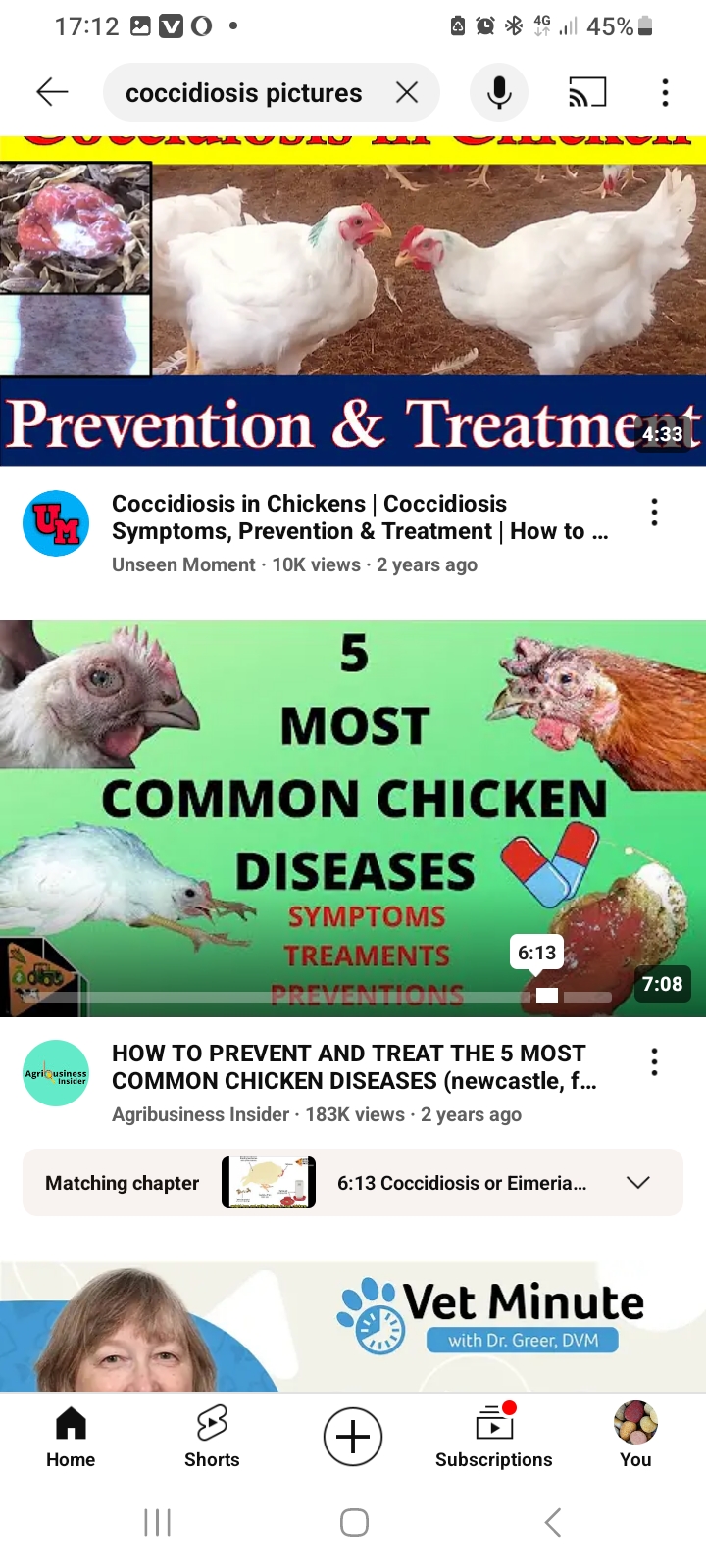
Coccidiosis is a parasitic disease caused by protozoan parasites of the genus Eimeria (in livestock and poultry) and Isospora (in other animals, including humans). It primarily affects the intestinal tract of animals, leading to symptoms such as diarrhea, dehydration, weight loss, and in severe cases, death. The disease is particularly common in young or immunocompromised animals.
Key points to consider.
- Causative Agent:Protozoan parasites (*Eimeria* or *Isospora*).
- Hosts: Affects a wide range of animals including poultry, cattle, sheep, goats, pigs, and rabbits.
- Transmission: Spread through ingestion of oocysts, which are shed in the feces of infected animals and can contaminate feed, water, or the environment.
- Symptoms:Diarrhea (often bloody), reduced feed intake, weight loss, dehydration, and lethargy.
- Diagnosis:Based on clinical signs, fecal examination to detect oocysts, and post-mortem examination of the intestines.
- Treatment and Control:
- Anticoccidial Drugs: Used for both treatment and prevention. Common drugs include amprolium, sulfonamides, and toltrazuril.
-Vaccination:Available for some species, particularly poultry.
-Management Practices: Maintaining clean and dry environments, good nutrition, and reducing stress can help prevent outbreaks.
-Economic Impact: Coccidiosis is a major concern in the livestock and poultry industries due to its impact on animal health, productivity, and the costs associated with treatment and prevention.
- Teacher: Student-hub